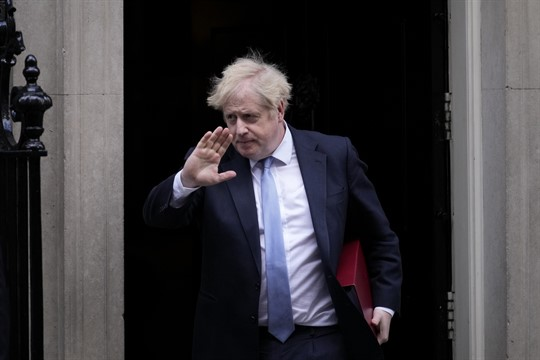Denmark to join EU defence policy after historic vote

Denmark will join the European Union’s defence policy after a referendum on Wednesday (1 June), final results showed, signalling the latest shift among Nordic countries to deepen defence ties in response to Russia’s invasion of Ukraine.









